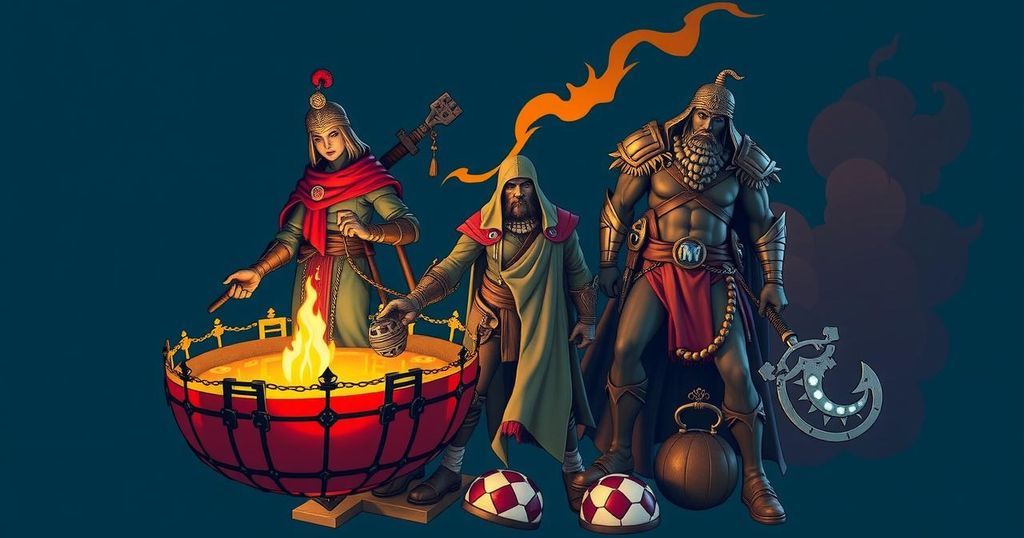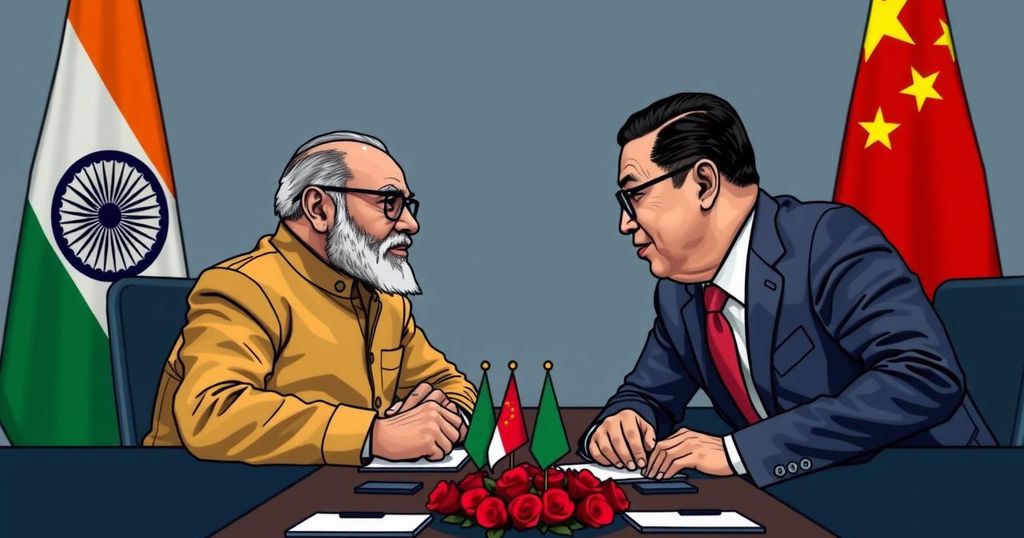Impact of Proposed Tariffs on Tabletop Gaming Industry Amid Economic Uncertainty
Donald Trump’s proposed tariffs may adversely affect the tabletop gaming industry, potentially increasing import costs by up to 100% on products from China. Industry leaders are taking precautionary measures, concerned about the implications for manufacturing and pricing. The Consumer Technology Association warns that such tariffs could harm American consumers and businesses, making products prohibitively expensive and threatening livelihoods.
In the aftermath of the recent U.S. election, apprehension has permeated the tabletop gaming industry as president-elect Donald Trump has pledged to impose significant tariffs on imported goods. The proposed tariffs, a salient feature of Trump’s campaign, could lead to a universal tax hike of up to 20%, with specific tariffs on Chinese imports reaching as high as 60-100%. Given that a substantial portion of tabletop gaming supplies, such as books, miniatures, and dice, are manufactured in China, the impact on both consumers and publishers could be severe, potentially making games unaffordable. The Consumer Technology Association (CTA) has warned that such tariffs would disproportionately harm American consumers and businesses. They argue that these tariffs are unlikely to meet their intended goals, such as revitalizing domestic manufacturing and enhancing tax revenues. In fact, a study from the CTA indicated it is unfeasible to fully relocate tech manufacturing to the U.S. due to infrastructure gaps, a situation mirrored in the tabletop gaming sector. Prominent figures within the industry have expressed their concerns regarding the impending financial burdens. Meredith Placko, CEO of Steve Jackson Games, revealed that her company is proactively engaging with manufacturers to ascertain the optimal quantity of items to order before potential costs escalate. This cautionary approach underscores the drastic measures businesses must initiate to survive under the looming threat of tariffs. Meanwhile, British game developer Judson Cowan highlighted the financial implications for his project, “Deep Regrets,” indicating that tariffs could impose an approximately $100,000 fee for distribution in the U.S. As the Trump administration prepares to take office, the fate of these proposed tariffs remains uncertain. However, if enacted, they could have monumental consequences for the tabletop industry, forcing consumers to pay significantly more and imperiling the livelihoods of many game designers who rely on affordable imports. The uncertainty surrounding these tariffs has left the tabletop industry in a precarious position, exacerbating the existing challenges it faces amid rising production costs. While industry leaders hope for legislative intervention to curb the potential economic fallout, the gloomy prospects persist, suggestive of a looming crisis in the realm of tabletop gaming economic viability.
The proposed tariffs by president-elect Donald Trump are expected to significantly affect the tabletop gaming industry, where a substantial share of products comes from foreign manufacturing, particularly from China. The tariffs, a hallmark of Trump’s campaign promises, aim to impose higher taxes on imports, with the potential to raise prices significantly on a wide variety of goods. For this sector, which functions on narrow profit margins, higher costs could render products unaffordable for consumers, threaten the viability of game publishers, and ultimately reshape the market landscape.
In summary, the proposed tariffs from president-elect Trump present a formidable challenge to the tabletop gaming industry, with potential price hikes that could drive away consumers and cripple publishers. Industry representatives express growing concern regarding the feasibility of manufacturing shifts and cost mitigation efforts, emphasizing the need for strategic planning to navigate this new economic environment. The eventual outcome of these proposed tariffs will crucially influence the future of tabletop gaming, affecting both creators and consumers alike.
Original Source: www.polygon.com






Post Comment